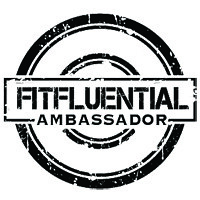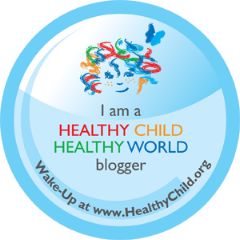Massachusetts Dept. of Public Health Issues a BPA Advisory
Yesterday, the Mass. DPH issued a public health advisory on bisphenol A (BPA), warning pregnant and breastfeeding women and children up to two years old to avoid exposure. Although heralded by some as a “landmark warning” about BPA’s toxicity, the DPH stopped short of calling for a ban on BPA.
You’ve probably heard about BPA before, it’s been in the news a lot lately. BPA is used in hard polycarbonate plastic food and beverage containers, including some water and baby bottles and sippy cups, as well as in the epoxy lining of food and infant formula cans. But BPA is an estrogen “mimic,” meaning that it activates the same receptors in the body as estrogen does. In fact, according to the Center For Science In The Public Interest (CSPI), BPA was first studied in the 1930s as a synthetic estrogen for women. Chemicals like BPA are known as “endocrine disruptors.”
BPA leaches into food and drinks, and numerous studies show that BPA exposure is associated with a wide range of adverse health effects including breast cancer, infertility, early-onset puberty in girls, diabetes and obesity. The DPH advisory also cites recent studies that found BPA can interfere with chemotherapy for breast cancer.
I think that Congress needs to step up and ban the chemical in food and beverage containers, period, no qualifications. And while a ban is being implemented, the FDA should follow Massachusetts’ lead and initiate a public education campaign to educate consumers on avoiding BPA exposure.
You can read the related article in today’s Globe here.
Want to find out more about hard plastics? Read CSPI’s informative article “Hard Questions About Hard Plastic,” which includes information on how to reduce your exposure to BPA, and a key to what all those recycling numbers on the bottom of plastic containers mean.
A couple of tips from me: Eden Organics is the only manufacturer I know of who currently produces canned goods in BPA-free cans. You can get Eden brand foods at Whole Foods. And if you’re using canned tomato products, try finding some packaged in aseptic brick pacs instead – such as the Pomi brand, which is also available at Whole Foods. Those Tetra Pacs are BPA-free too.
© 2009, Sarah. All rights reserved.










